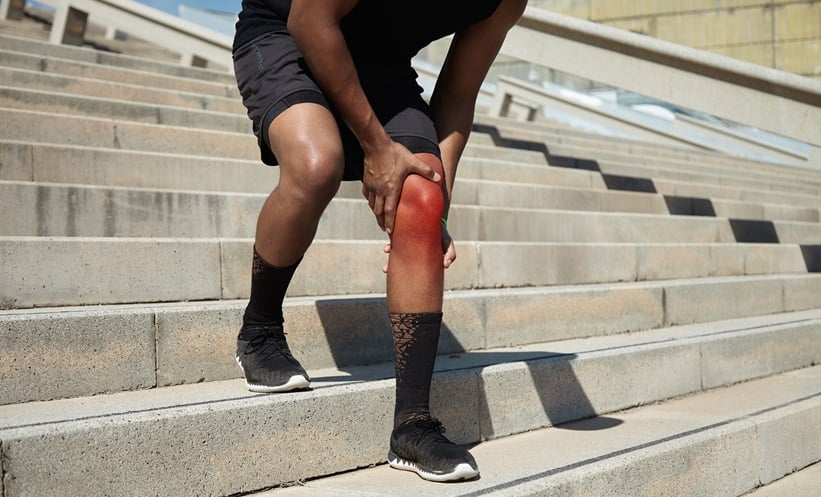FINDINGS from the Phase III trial, OA-07, were presented at the World Congress on Osteoporosis, Osteoarthritis and Musculoskeletal Diseases (WCO IOF-ESCEO) 2024, held in London, UK. OA-07 served as a crucial extension of the lorecivivint investigation, focusing on its efficacy in treating knee osteoarthritis (OA) for a period of 2 years. Lorecivivint, a potential CLK/DYRK inhibitor, targets inflammatory and Wnt pathways implicated in OA progression.
Following the Phase II success and subsequent Phase III setbacks, OA-07 aimed to provide further insight into lorecivivint’s long-term effects. Patients from the previous OA-11 trial, comprising individuals with varying degrees of OA severity, were recruited for OA-07. Notably, roughly half of the OA-11 participants chose to continue into OA-07, indicating sustained interest and commitment to the study.
In OA-07, patients received a second dose of lorecivivint injection and continued their original randomisation, with both investigators and patients initially blinded to treatment. In the third year, all the patients moved to the open-label phase. The trial’s primary objective was to assess changes in medial joint space width over the course of the study. This measure serves as a critical indicator of structural progression or stability in knee OA.
Results from OA-07 revealed that lorecivivint, over the 2-year period, demonstrated a significant stabilisation of joint space width compared to placebo, indicating a potential disease-modifying effect. This study’s findings suggest that lorecivivint could effectively slow down the structural deterioration associated with knee OA, offering hope for patients facing this debilitating condition.
Moreover, patient-reported outcomes, including pain and function, showed improvement with lorecivivint treatment. This improvement was particularly pronounced in patients with earlier-stage OA, highlighting the importance of early intervention in managing the disease.
This study underscored the potential of lorecivivint as a viable treatment option for knee OA. Its ability to stabilise the joint structure, and improve symptoms over a significant period, suggests long-term efficacy and safety, paving the way for further investigation and potential clinical application in addressing this prevalent and challenging condition.








